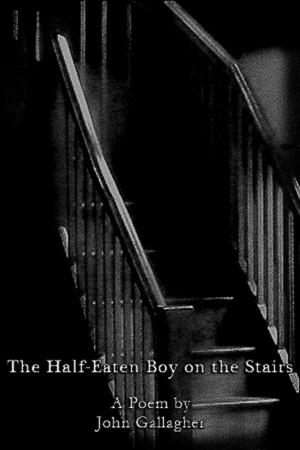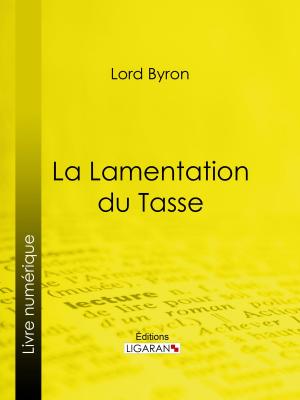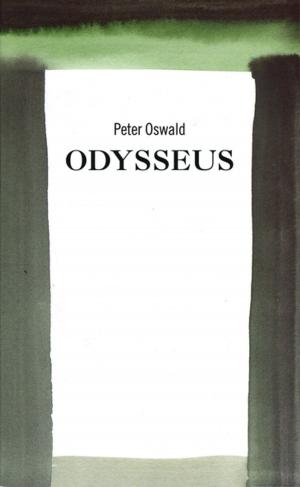The Comedy of Errors
Nonfiction, Entertainment, Drama, Shakespeare, Fiction & Literature, British & Irish| Author: | William Shakespeare, en | ISBN: | 9788827545461 |
| Publisher: | les prairies numériques | Publication: | January 4, 2018 |
| Imprint: | Language: | English |
| Author: | William Shakespeare, en |
| ISBN: | 9788827545461 |
| Publisher: | les prairies numériques |
| Publication: | January 4, 2018 |
| Imprint: | |
| Language: | English |
The Comedy of Errors is one of William Shakespeare's early plays. It is his shortest and one of his most farcical comedies, with a major part of the humour coming from slapstick and mistaken identity, in addition to puns and word play. The Comedy of Errors (along with The Tempest) is one of only two of Shakespeare's plays to observe the Unity of Time (classical unities). It has been adapted for opera, stage, screen and musical theatre numerous times worldwide.
The Comedy of Errors tells the story of two sets of identical twins that were accidentally separated at birth (Shakespeare was father to one pair of twins). Antipholus of Syracuse and his servant, Dromio of Syracuse, arrive in Ephesus, which turns out to be the home of their twin brothers, Antipholus of Ephesus and his servant, Dromio of Ephesus. When the Syracusans encounter the friends and families of their twins, a series of wild mishaps based on mistaken identities lead to wrongful beatings, a near-seduction, the arrest of Antipholus of Ephesus, and false accusations of infidelity, theft, madness, and demonic possession.
For centuries, scholars have found little thematic depth in The Comedy of Errors. Harold Bloom, however, wrote that it "reveals Shakespeare's magnificence at the art of comedy". The play was not a particular favourite on the eighteenth century stage because it failed to offer the kind of striking roles that actors such as David Garrick could exploit.
The play was particularly notable in one respect. In the earlier eighteenth century some critics followed the French critical standard of judging the quality of a play by its adherence to the classical unities, as specified by Aristotle in the fourth century BC. The Comedy of Errors and The Tempest were the only two of Shakespeare's plays to comply with this standard.
Law professor Eric Heinze, however, claims that particularly notable in the play is a series of social relationships, which is in crisis as it sheds its feudal forms, and confronts the market forces of early modern Europe.
The Comedy of Errors is one of William Shakespeare's early plays. It is his shortest and one of his most farcical comedies, with a major part of the humour coming from slapstick and mistaken identity, in addition to puns and word play. The Comedy of Errors (along with The Tempest) is one of only two of Shakespeare's plays to observe the Unity of Time (classical unities). It has been adapted for opera, stage, screen and musical theatre numerous times worldwide.
The Comedy of Errors tells the story of two sets of identical twins that were accidentally separated at birth (Shakespeare was father to one pair of twins). Antipholus of Syracuse and his servant, Dromio of Syracuse, arrive in Ephesus, which turns out to be the home of their twin brothers, Antipholus of Ephesus and his servant, Dromio of Ephesus. When the Syracusans encounter the friends and families of their twins, a series of wild mishaps based on mistaken identities lead to wrongful beatings, a near-seduction, the arrest of Antipholus of Ephesus, and false accusations of infidelity, theft, madness, and demonic possession.
For centuries, scholars have found little thematic depth in The Comedy of Errors. Harold Bloom, however, wrote that it "reveals Shakespeare's magnificence at the art of comedy". The play was not a particular favourite on the eighteenth century stage because it failed to offer the kind of striking roles that actors such as David Garrick could exploit.
The play was particularly notable in one respect. In the earlier eighteenth century some critics followed the French critical standard of judging the quality of a play by its adherence to the classical unities, as specified by Aristotle in the fourth century BC. The Comedy of Errors and The Tempest were the only two of Shakespeare's plays to comply with this standard.
Law professor Eric Heinze, however, claims that particularly notable in the play is a series of social relationships, which is in crisis as it sheds its feudal forms, and confronts the market forces of early modern Europe.


![Cover of the book Hamlet [Illustrated] [Special Edition with notes] by William Shakespeare, en](https://www.kuoky.com/images/2016/october/300x300/1230001371086-v0Sd_300x.jpg)












